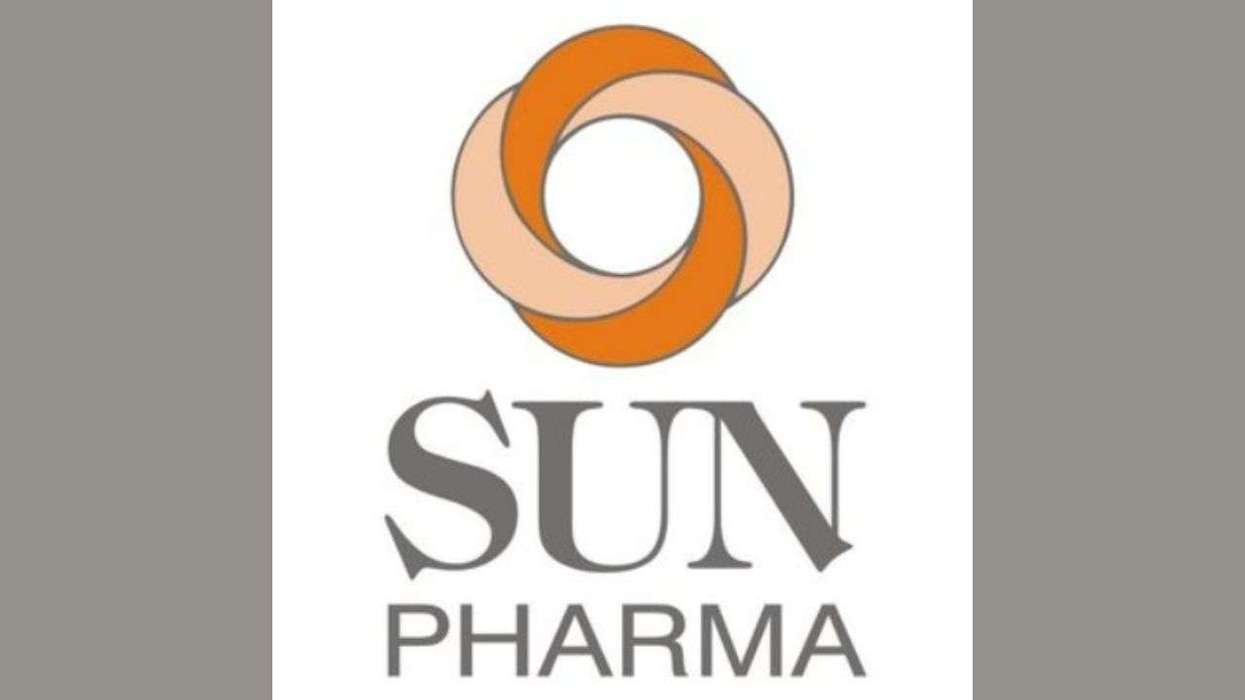In its submission to the Treasury ahead of the Comprehensive Spending Review this autumn, the Association of the British Pharmaceutical Industry (ABPI) says it is essential for the government to deliver “meaningful investment” for the UK’s Life Science Vision.
Richard Torbett, chief executive of the ABPI, has written to the UK’s chancellor of the Exchequer, Rishi Sunak, making a case for investing in the life sciences sector while stressing on the contribution it has made to global public health during the pandemic.
The government’s pledge to invest £22 billion per year in R&D by the end of this parliament is an essential foundation for life sciences growth, but the sector also needs the right incentives to encourage private business investment, it said.
Demanding a pro-innovation fiscal policy, the association has submitted a five-point plan to stimulate growth in the sector.
- R&D tax credit modernisation: To stimulate greater private sector investment in R&D, capital should be made an eligible expense. This would stimulate up to £1.2bn per annum of additional private sector R&D, raise gross domestic product (GDP) by £4bn by 2030 and pay for itself within 11 years, improving tax revenues.
- Capital grants for manufacturing: The launch of the Medicines and Diagnostics Manufacturing Transformation Fund with a seed funding of £20m was hugely welcome. Expanding the fund to meet demand would bring new investment in the sector, helping the UK compete with other forward-thinking countries.
- Boosting NHS capacity for research: This spending round should also ensure boosting the NHS’s capacity to deliver clinical research across the entire NHS, benefiting all patients from cutting edge clinical trials and new treatments.
- Improving the UK’s digital infrastructure: With global competitors investing heavily in data and genomics, financing for delivery of the government’s Data Saves Lives Strategy becomes crucial.
- Building a skilled workforce: Having a skilled workforce is essential to deliver these goals, therefore, funding for should continue to maintain academic degree qualifications as part of the degree apprenticeship for science.
Highlighting the “ground-breaking work” done by the Joint Committee on Vaccination and Immunisation (JCVI) during the pandemic, ABPI also called for its strengthening.
Sharing his final thoughts in a supporting press release, Torbett wrote: “The Spending Review has come at an exciting time for UK life sciences. We’re ready to make the most of the next decade: Building our capacity as a global hub of research and health excellence, advanced manufacturing for the next generation of treatments and cutting-edge regulation delivering meaningful changes to patients at home and around the world.”











